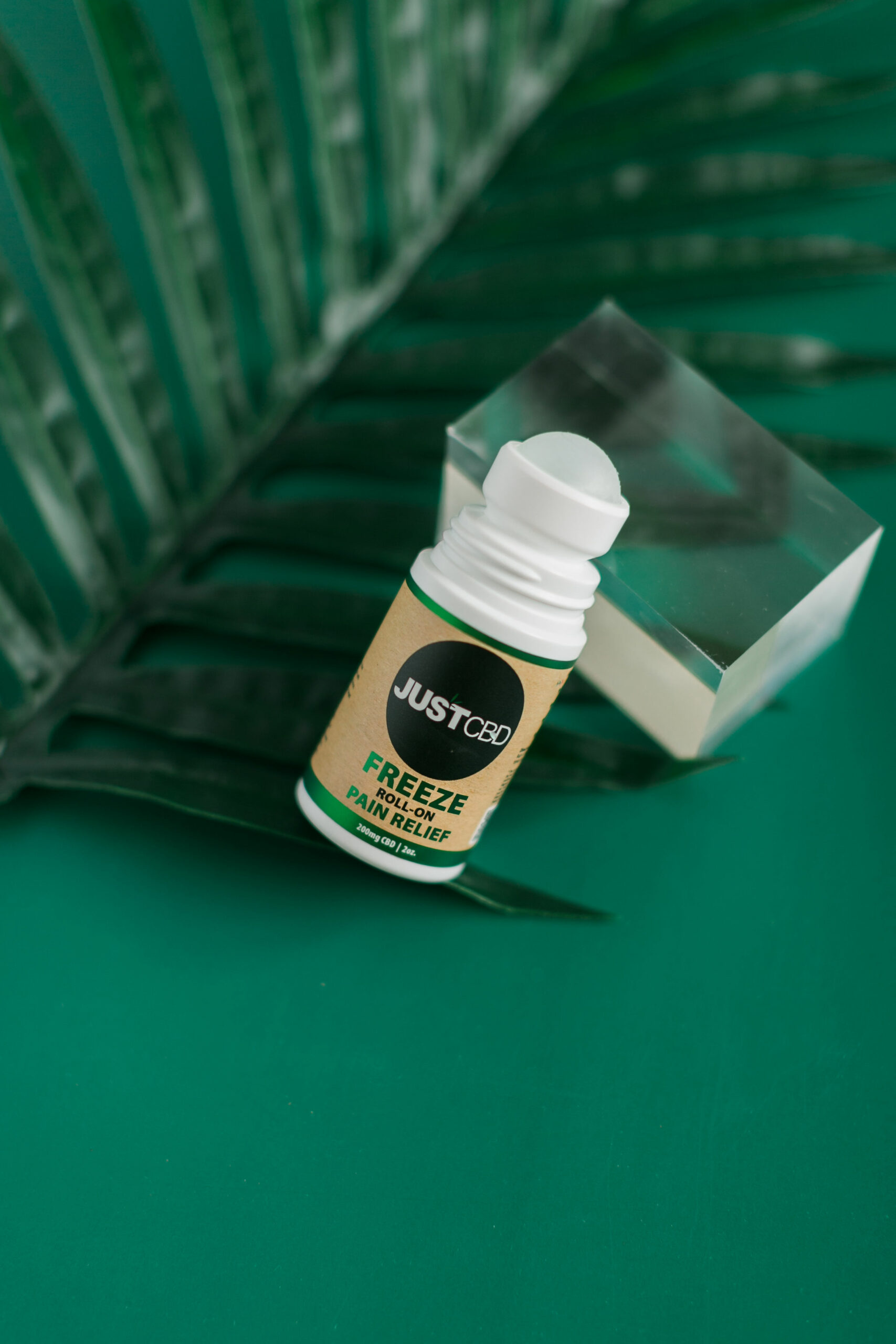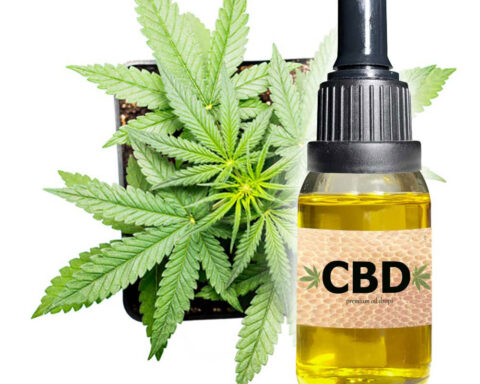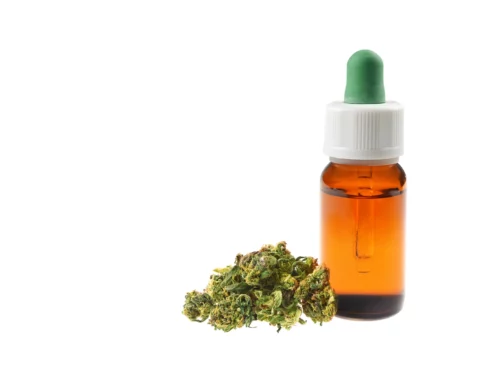Although surgeries are painful medical procedures, they become necessary when one suffers from a serious medical condition. Tooth extraction, heart transplant, dialysis, and many other conditions that take a toll on the body may require surgeries from time to time. On the other hand, the popularity of CBD oil has increased over the years, specifically because the cannabinoid is linked to many benefits, most of which are not backed by enough scientific evidence. Consequently, one may wonder whether CBD oil may help with pain after surgery, which this article answers. Still, it is worth remembering that the FDA has not approved CBD oil to help manage post-surgery pain, and there is every possibility of misinformation on CBD product labels. What’s more, CBD studies are limited, and there is not enough scientific evidence to credit CBD oil for post-surgery pain.
The Basics About CBD Oil
Before looking at the role of CBD oil in managing post-surgery pain, understand CBD oil. It is a chemical compound in the hemp plants and is one of the many cannabinoids that, together with terpenes and flavonoids, make up cannabis plants. While CBD oil can be extracted from hemp and marijuana plants, the Farm Bill deems hemp-derived CBD oil with less than 0.3% THC legal. Unlike THC, that’s also widely studied, CBD oil does not have any psychoactive effects and will less likely get the user high unless it has more than 0.3% THC. As such, CBD oil is increasing in hype every day, and can be bought in edibles, oil tinctures, softgels, vapes, topicals, bath bombs, and pre-rolled hemp. Most of these products feature one or more of the following forms of CBD oil;
Full-spectrum
Has CBD oil, terpenes, flavonoids, the psychoactive THC, and many other cannabinoids, leading to the full entourage effect linked to it.
Broad-spectrum
Has as many compounds as full-spectrum CBD oil and is linked to the full entourage effect, only that it does not have the psychoactive THC.
Isolate-based
Has CBD, and no other cannabinoids, terpenes, or flavonoids. As such, CBD oil isolates do not have the earthy or glassy odor or taste linked to hemp plants and terpenes.
Can CBD Oil Help With Pain After Surgery?
Surgery is a painful experience, and although it means correcting some issues in the body, it comes with its fair share of pain. Generally, there is currently not enough evidence to prove that CBD oil can help with pain, especially after surgery. However, there is an early study by Abdallah, et al., (2020)., which connects CBD oil to pain-relieving effects, although they are not limited to post-surgery pain and examine general pain. Further scientific studies are needed to prove with convincing evidence that CBD oil can work for pain. That said, it is critical to understand how CBD oil works and why it potentially could relieve post-surgery pain.
CBD Oil and the Body
Whether CBD oil helps with post-surgery pain or not largely depends on how the body reacts to it or its products. While much is not known about CBD oil, research suggests that the body has an endocannabinoid system (ECS) comprising enzymes, cannabinoids, and protein ends called receptors, could be the answer. Since the receptors (CB1 and CB2) are found all over the body, including in the brain and immune cells, the ECS supposedly affects many processes in the body, including pain, inflammation, and immunity. What’s more, having an internal cannabinoid system in the body means that through the receptors, the body directly interacts with CBD oil and may result in pain-relieving effects. Nonetheless, what we don’t know about CBD oil outweighs what we know about it, and we need further scientific evidence that the cannabinoid might help with post-surgery and general pain before recommending the cannabinoid for any of these roles.
CBD Oil and General Pain
Although CBD oil and its products are largely unregulated by the FDA, many people are taking the cannabinoid to manage pain, even when there is no scientific evidence to prove that CBD has anything to do with pain. Anecdotal evidence and early research that link CBD oil to pain reduction give credit to the interaction between the ECS receptors and CBD oil. One study done in 2016 with rats observed that topically applying CBD oil gel on the affected arthritic parts of the rodents resulted in reduced pain and swelling. Yet, another study comprising a review of CBD studies from 1975 through 2018 concluded that CBD oil could help with pain management in patients with neuropathy, fibromyalgia, and cancer. Still, the studies do not give enough reasons for scientifically giving CBD oil credit for pain management, particularly because most of them involved animal subjects or used small subjects that cannot be used to make scientific assumptions.
CBD Oil May Result in Anticoagulant Effects
After surgery, one may suffer bleeding, so there is an increased need for blood clotting. Despite the limited research on CBD oil, one study shows that CBD oil may make the body express anticoagulant effects. A person who just underwent surgery might have to suffer excessive bleeding until they sustain or go for yet another unanticipated surgery. Should this be the case, CBD will have resulted in more harm than good, and the pain for which the substance is taken to manage may increase. However, there is a need for further studies to prove that CBD oil could have anticoagulant properties.
CBD Oil Might Interact Adversely With Medications
There is a possibility that CBD oil could potentially interact with an enzyme system in the liver, suggesting that it might negatively interfere with some medications. After surgery, one might have to manage pain with anesthesia and painkillers, and negative interaction with CBD oil may interfere with the drugs’ effectiveness. However, more studies are needed to clarify whether CBD oil reacts with some medications.
Conclusion
Surgery comes with a lot of pain, and many wonder whether CBD oil could provide a natural solution to managing the pain. While there are studies that find connections between CBD oil and general, none have narrowed down to post-surgery pain. Some research suggests that CBD oil may trigger anticoagulant effects or interact negatively with some enzymes in the liver, making painkillers and post-surgery medications less effective. Nonetheless, there is further research to unearth the pros and cons of CBD oil for post-surgery pain, with enough shreds of evidence.
References Abdallah, F. W., Hussain, N., Weaver, T., & Brull, R. (2020). Analgesic Efficacy Of Cannabinoids For Acute Pain Management After Surgery: A Systematic Review And Meta-Analysis. Regional Anesthesia & Pain Medicine, 45(7), 509-519.
- Is Mushroom Coffee Worth the Hype? An Expert’s Take - April 19, 2024
- Missionary Position – Least Likely To Bring You To Climax - April 7, 2023
- Vibrators could put you in Jail - March 31, 2023









